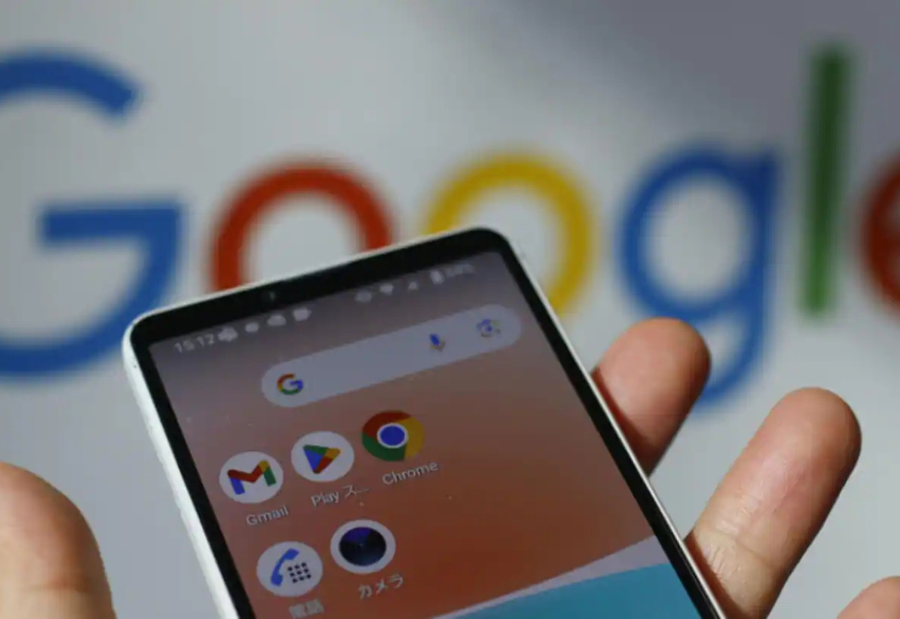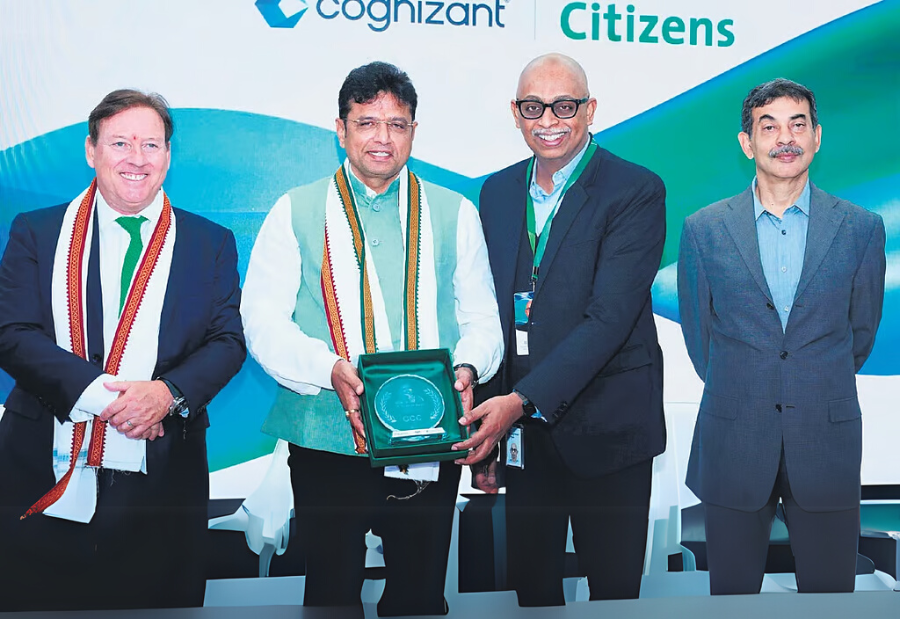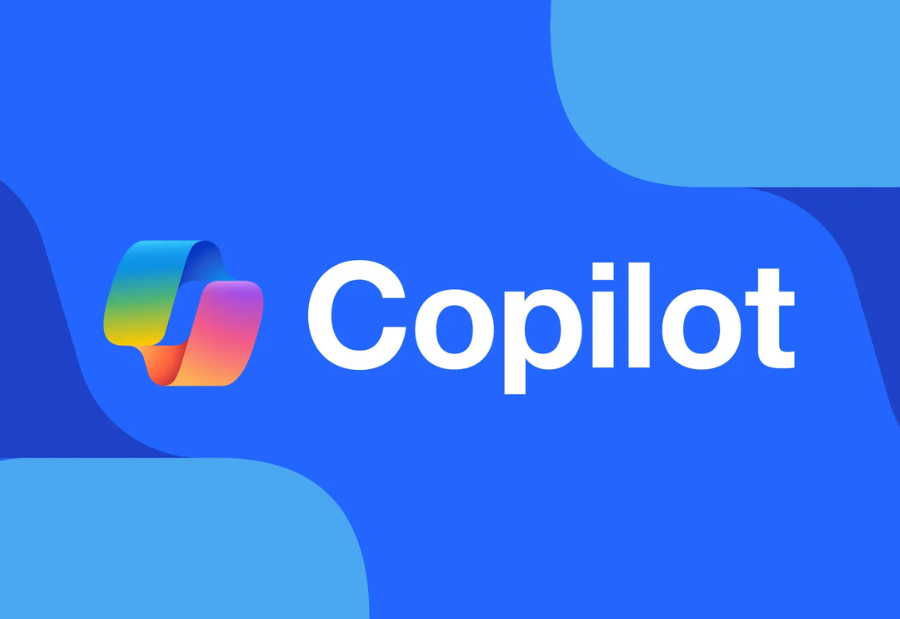Google’s operations in Japan may change as a result of the Japan Fair Trade Commission’s (JFTC) “cease and desist” decision, which requires the tech giant to stop mandating that manufacturers of Android smartphones package its search engine and apps.
The commission stated in a statement that Google’s requirement that Android phone manufacturers provide preference to Google apps and services through license agreements was a violation of Japan’s antitrust monopoly statute. Due to these arrangements, Google has an unfair edge over alternative services. For the first time, a significant US IT corporation has been targeted by Japan due to antitrust issues.
Both customers and manufacturers can install the Android mobile operating system for free, but in order for manufacturers to incorporate Google Play Store, Gmail, and Maps—collectively known as Google Mobile Services (GMS)—they must need a license. These license costs differ and are discussed case-by-case. With almost 80% of the smartphone market, Google’s Android is the most popular mobile operating system worldwide.
With at least six such agreements in place with Android manufacturers as of December 2024, the JFTC contends that Google also utilized agreements to mandate that phone manufacturers preinstall and prominently display Google Search and Chrome on smartphones. The commission further stated that as part of its advertising revenue-sharing scheme, Google’s contracts mandate that manufacturers block competing search engines.
On October 23, 2023, Japan’s competition agency declared that it was investigating Google. In April 2024, it accepted a commitment plan from Google that resolved some of its anti-competitive issues.
In light of President Trump’s ongoing tariff conflict, Japan’s competition watchdog took a big step with its cease and desist decision against Google. Trump’s so-called “Liberation Day” on April 2nd resulted in a 24% tax on Japan’s exports to the US. They have been put on hold for ninety days, much like the majority of Trump’s new tariffs. Shigeru Ishiba, the prime minister of Japan, stated on Monday that his country would not hurry to an agreement and does not want to make significant compromises in talks with the United States.
For the next five years, Google must choose an impartial third party to provide the JFTC with reports on its adherence to the cease and desist order.
Google has already been criticized for its monopolistic practices. In recent years, regulators from all around the world have been keeping an eye on Alphabet’s Google. Google was fined a record €4.34 billion ($4.6 billion) by the European Union in 2018 for exploiting Android’s dominance. The Competition and Markets Authority (CMA) in Britain began looking into Google’s search services in January of this year after the country’s new competition laws were enforced more strictly.
Despite being Google’s adversary, the two businesses have a profitable contract whereby Google pays Apple around $18 billion annually to continue to be the default search engine in Safari on iPhones, Macs, and iPads. Google was sued by the US Justice Department and a number of states last year for unlawfully retaining its hegemony by paying Apple to continue to be the iPhone’s default search engine and for other purposes. The non-jury trial is being presided over by U.S. District Court for the District of Columbia Judge Amit P. Mehta, who is anticipated to provide a decision later this year.
Also read: Viksit Workforce for a Viksit Bharat
Do Follow: The Mainstream formerly known as CIO News LinkedIn Account | The Mainstream formerly known as CIO News Facebook | The Mainstream formerly known as CIO News Youtube | The Mainstream formerly known as CIO News Twitter |The Mainstream formerly known as CIO News Whatsapp Channel | The Mainstream formerly known as CIO News Instagram
About us:
The Mainstream formerly known as CIO News is a premier platform dedicated to delivering latest news, updates, and insights from the tech industry. With its strong foundation of intellectual property and thought leadership, the platform is well-positioned to stay ahead of the curve and lead conversations about how technology shapes our world. From its early days as CIO News to its rebranding as The Mainstream on November 28, 2024, it has been expanding its global reach, targeting key markets in the Middle East & Africa, ASEAN, the USA, and the UK. The Mainstream is a vision to put technology at the center of every conversation, inspiring professionals and organizations to embrace the future of tech.




